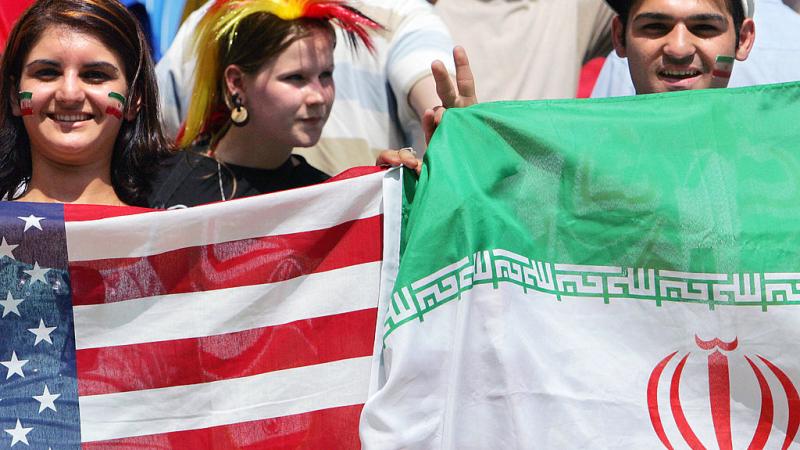As deadline for Israeli unity government nears, Netanyahu in a stronger position than Gantz
Skyrocketing approval numbers for handling of pandemic strengthen PM's political hand.
Israeli President Reuven Rivlin on Sunday rejected a request to prolong coalition discussions between Israel’s top political parties. The rejection gives a political edge to current Israeli Prime Minister Benjamin Netanyahu, as the nation moves closer to holding its fourth election in just over a year.
Following Israel’s March 2 elections, Blue and White party leader Benny Gantz, a former military chief but first time politician, won a narrow majority of parliamentary support to become the next prime minister. At the time, Rivlin gave Gantz the task of forming a new government.
However, in the wake of the coronavirus outbreak, Gantz, under political pressure, accepted an invitation from Netanyahu to form an emergency government. He is currently serving as the parliament speaker, as the two men figure out a rotation agreement throughout which both politicians will have a turn to serve as prime minster.
Prior to the political partnership, Gantz had been working on legislation to prevent Netanyahu from serving as prime minister going forward. Dissatisfied by the political partnership, even during a crisis, Gantz’s main party allies in the Knesset — the Yesh Atid party — have abandoned his side, leaving his faction with less than 50% of its initial support.
Netanyahu is, according to Israeli media, fighting hard for his plan to continue annexing sections of the West Bank, and to maintain his current stronghold over the Israeli judicial appointments.
In an astonishing political turnaround, Netanyahu may now be in a stronger position than last month’s election found him, as his approval numbers skyrocket over his handling of the pandemic, and his corruption trial has been delayed until at least May, possibly later.
If the two political rivals fail to form a unity government by tonight, President Rivlin said he would allow the Knesset the opportunity to select another candidate for prime minister to endorse. If that effort fails as well, a fourth election will be triggered
















